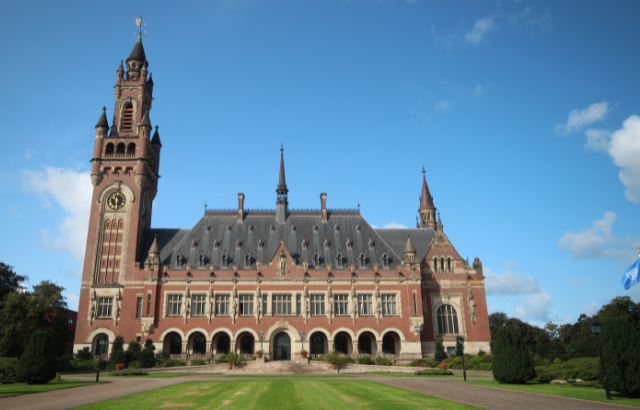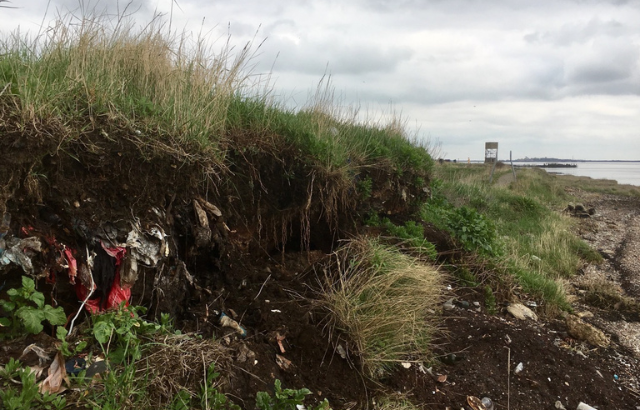Governance and the European Social Dimension: Politics, Power and the Social Deficit in a post-2010 EU by Dr Paul Copeland from the School of Politics and International Relations is the first book of its kind which explores five policy areas of the EU: employment, poverty and social exclusion, pensions, wages and healthcare.
Using primary material, such as EU working documents, as well as interviews with key stakeholders, it analyses EU-driven reforms to the welfare state since 2010.
The influence of market forces
The research finds that over the last decade, EU social and employment policies have become increasingly influenced by the logic of a market-driven process of European integration. As such, the EU’s solution to policy problems is to treat goods, services, ideas and people as commodities.
Unemployment is cited as an example of this, where EU-driven reforms to benefits require recipients to continuously seek work, regardless of whether there are sufficient employment opportunities. The research argues that these developments have created a Darwinist struggle where only the fittest in society survive.
Results of this heightened competition include increases in inequality and precarious employment, as well as a strong rise in populism and political instability.
A growing social deficit
According to the book, the EU is suffering from a ‘social deficit’ in terms of the interests it represents and the policies it pursues. Author Paul Copeland argues that unless the EU changes course, there will be a growing backlash which will have grave implications for the European project.
Dr Paul Copeland, Senior Lecturer in Public Policy at Queen Mary said: “The consequences of extreme commodification have already wreaked havoc on the European continent as a driver of Brexit and more instability will follow unless the EU changes fast.
“There is a real danger that European leaders regard Brexit as a one-off event, but in reality, the European project is creating its own instability and may unravel unless it changes course.”
More information



